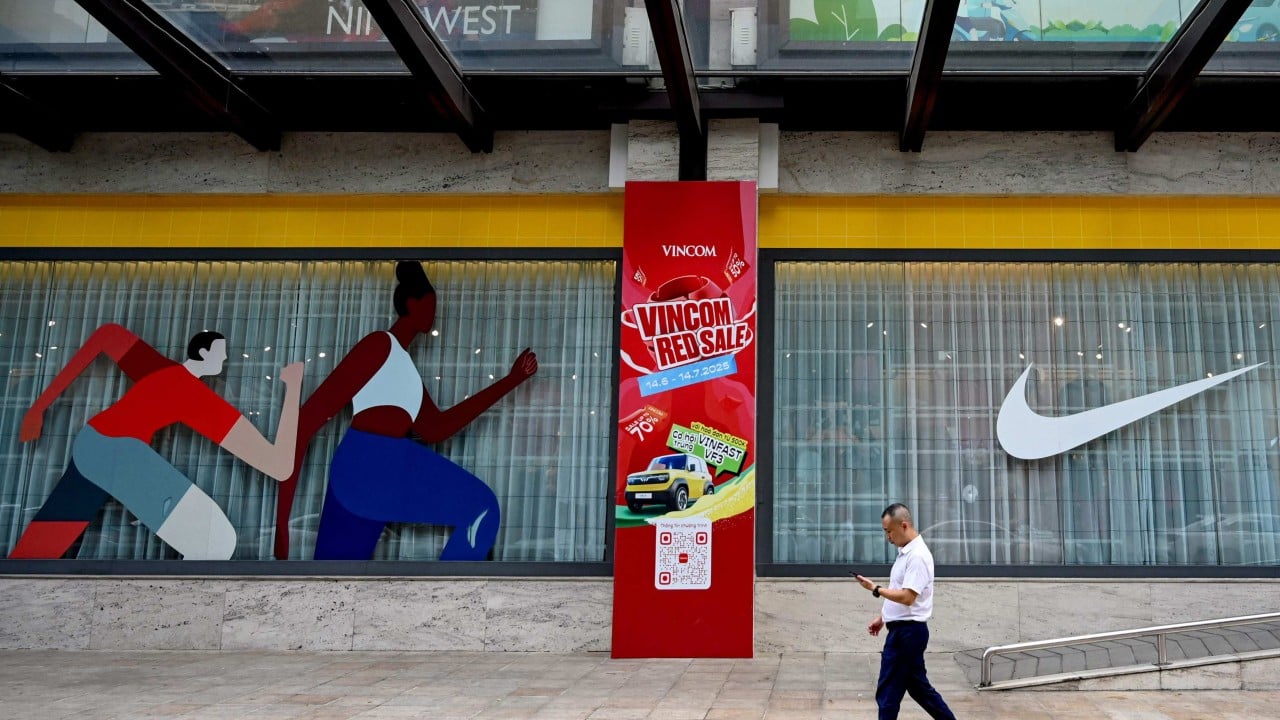In an interview with Fox News in April, Peter Navarro, US President Donald Trump’s senior counsellor for trade and manufacturing, described Vietnam as “essentially a colony of communist China”. For someone who believes trade negotiations with Beijing are pointless, such extremist views are unsurprising.
Advertisement
Yet the fact that Navarro, the chief architect of Trump’s trade wars, has it in for Vietnam attests to both the vulnerability and the strength of the country’s manufacturing sector. Among the economies at the sharp end of Trump’s aggressive protectionism, Vietnam is at the top of the list.
Vietnam has the third-biggest bilateral trade surplus with the United States after China and Mexico. Its exports, moreover, account for 86 per cent of economic output, a high share even by the standards of export-dependent Asia.
That the US alone accounts for 30 per cent of Vietnam’s exports adds to the vulnerability of the country’s manufacturing industry. Navarro, like many other supporters of higher tariffs, believes Vietnam is a back door for Chinese exports. This is why the Trump administration imposed a 40 per cent “transshipment” levy on Chinese-made goods diverted through Vietnamese ports, hoping this would reduce China’s role in Asian supply chains.
Yet the reason Trump’s trade advisers have Vietnam in their sights is because its manufacturing base is so competitive. A surge in foreign direct investment (FDI) stemming partly from the trade war-induced shift in production out of China turbocharged growth in Vietnamese manufacturing. Foreign firms, which account for three-quarters of exports, have helped the economy move up the value chain.
Advertisement
In Vietnam’s real estate market, the industrial and logistics sector – the part of the property industry most exposed to trade uncertainty – is seen as a gauge of the country’s resilience. In the second quarter, the leasing of large greenfield industrial land plots in northern and southern Vietnam slowed sharply, suggesting Trump’s trade offensive had hit demand for industrial property.

